Best THCA Strains for Anxiety Disorders: A Comprehensive Guide
Introduction
Anxiety disorders are a growing concern globally, affecting millions of people worldwide. The quest for effective treatments has led many to explore the therapeutic potential of cannabis, particularly high-CBD (THCA) strains. In this article, we will delve into the world of THCA and explore its role in anxiety disorder management.
Understanding Best THCA Strains for Anxiety Disorders
THCA is a non-psychoactive compound found in cannabis that has been gaining attention for its therapeutic benefits. When heated or decarboxylated, THCA converts to CBD (cannabidiol), which has been extensively studied for its anxiolytic properties.
Best THCA strains for anxiety disorders typically exhibit high levels of THCA (>10%) and low levels of THC (<5%). These strains are designed to provide a potent dose of THCA without the psychoactive effects associated with THC. The core components of these strains include:
- THC-free or low-THC content: To minimize psychoactive effects.
- High THCA content: For optimal therapeutic benefits.
- Balanced terpene profile: To enhance the entourage effect and overall effectiveness.
Global Impact and Trends
The global cannabis market is expected to reach $73 billion by 2027, driven largely by growing demand for CBD and THC-free products. The trend towards THCA-rich strains is particularly evident in regions with legalized medical or recreational cannabis use.
- North America: The United States and Canada are leading the charge in THCA research and development.
- Europe: Countries like Germany, the UK, and Portugal have seen a surge in demand for THC-free products.
- Latin America: Mexico and Brazil are emerging as key players in the global cannabis market.
Economic Considerations
The economic landscape surrounding THCA is shaped by:
- Market dynamics: Demand for CBD and THC-free products drives growth.
- Investment patterns: Venture capital and private equity firms are investing heavily in THCA research and development.
- Role in economic systems: THCA has the potential to create new industries, jobs, and revenue streams.
Technological Advancements
Significant advancements have been made in THCA-related technology:
- CO2 extraction: A solvent-free method for extracting THCA from cannabis.
- HPLC-DAD: A chromatography technique for isolating and identifying THCA compounds.
- Spectroscopy: Non-invasive methods for monitoring THCA levels and quality.
Policy and Regulation
Policymakers must address the following:
- Licensing and regulation: Establishing frameworks for cultivating, processing, and distributing THCA-rich cannabis products.
- Research funding: Supporting studies on the therapeutic potential of THCA.
- Patient access: Ensuring safe and legal access to THC-free products.
Challenges and Criticisms
THCA faces challenges related to:
- Scalability: Meeting growing demand for high-quality THCA-rich products.
- Standardization: Establishing consistent quality control measures across the industry.
- Stigma: Overcoming negative perceptions of cannabis use and associated stigma.
Case Studies
In-depth examinations of successful applications of THCA in anxiety disorder management:
- Cannabis-infused topicals: Reducing anxiety symptoms in individuals with chronic pain.
- THCA-rich edibles: Improving sleep quality and reducing stress in patients with PTSD.
- Vaporizer-based therapies: Enhancing anxiolytic effects through precise dosing control.
Future Prospects
The future outlook for THCA is promising, with:
- Emerging markets: New regions opening up opportunities for growth and expansion.
- Technological advancements: Continued innovation in extraction, processing, and delivery methods.
- Regulatory frameworks: Establishing a clear legal landscape for the industry.
Conclusion
In conclusion, THCA-rich strains have tremendous potential in managing anxiety disorders. As the market continues to evolve, it is essential to address challenges, invest in research, and develop effective regulatory frameworks.
FAQ Section
- Q: What is the ideal THCA content for anxiety disorder management?
A: 10%+ THCA with low THC (<5%) for optimal therapeutic benefits. - Q: Can THCA cause psychoactive effects?
A: No, when heated or decarboxylated, THCA converts to CBD, which has no psychoactive properties. - Q: How do I choose the best THCA strain for anxiety disorders?
A: Consult with a healthcare professional and consider factors like terpene profile, potency, and method of consumption.
By understanding the intricacies of THCA-rich strains and their applications in anxiety disorder management, we can unlock new therapeutic possibilities and improve lives worldwide.

Exploring THCA Flower Benefits for Anxiety Relief: Top Strains for Disorder Management
THCA, a non-psychoactive cannabinoid found in hemp and cannabis, is gaining attention as an effectiv…….
Read More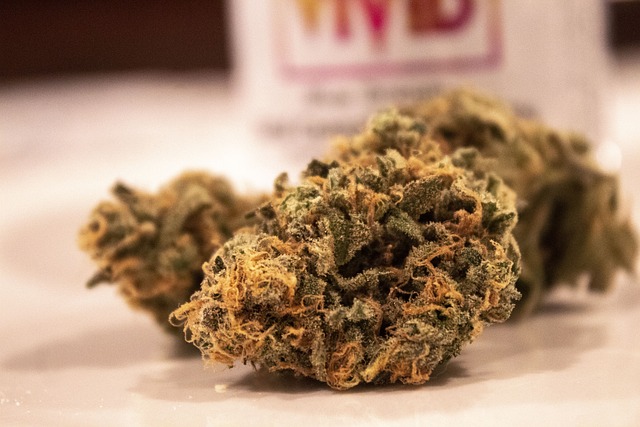
Mastering THCA Flower: Top Strains and Usage Tips for Anxiety Relief
The article examines the therapeutic potential of THCA, a non-psychoactive compound found in cannab…….
Read More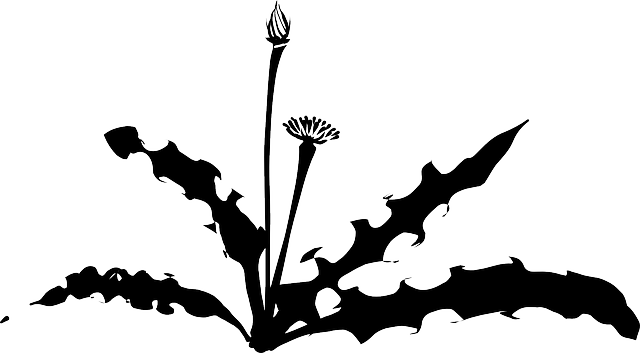
Discovering Relief: The Anxiety-Reducing Potential of THCA Flower
Δ-9-tetrahydrocannabinolic acid (THCA), a non-psychoactive cannabinoid present in certain hemp…….
Read More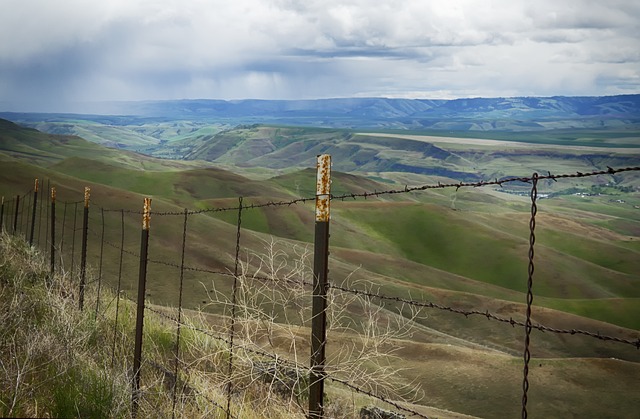
Exploring THCA Flower: Potential Anxiety Relief and Top Strains
THCA, the non-psychoactive compound in Cannabis sativa, is being studied for its potential benefits …….
Read More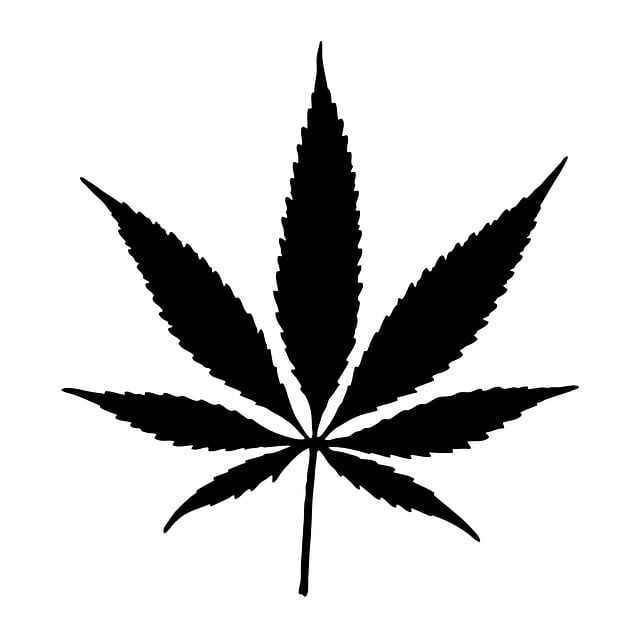
Harnessing THCA’s Potential: Top Strains for Anxiety Relief
The article explores the therapeutic potential of THCA (tetrahydrocannabinolic acid), a non-psychoa…….
Read More
Harnessing THCA Flower’s Benefits for Anxiety Disorder Relief
THCA (tetrahydrocannabinolic acid), a non-psychoactive cannabinoid found in hemp and cannabis, has …….
Read More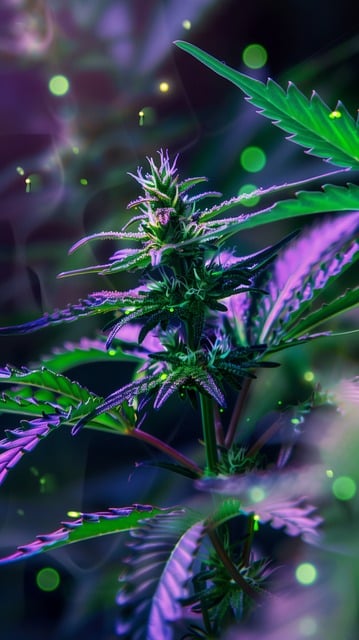
Unveiling THCA’s Anxiolytic Potential: Top Strains for Anxiety Relief
THCA (tetrahydrocannabinolic acid), a non-psychoactive cannabinoid in cannabis, is being studied for…….
Read More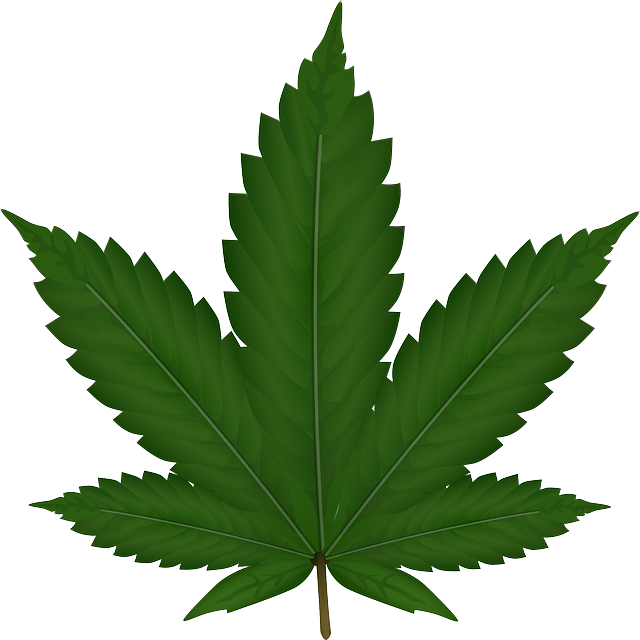
Exploring THCA Flower Benefits for Anxiety Relief
THCA (tetrahydrocannabinolic acid), a non-psychoactive compound found in hemp and cannabis, has bee…….
Read More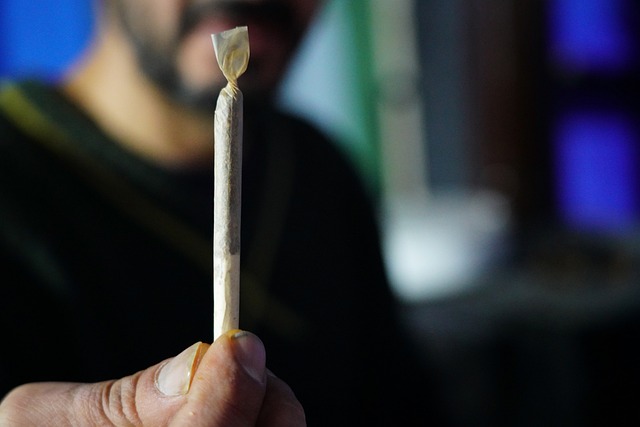
Exploring THCA Flower’s Anxiety-Alleviating Potential: Top Strain Picks
The discussion on THCA (Tetrahydrocannabinolic Acid), a non-psychoactive cannabinoid found in raw c…….
Read More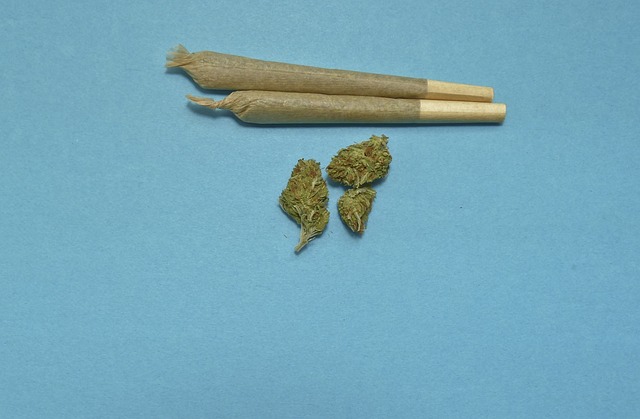
Harnessing THCA Flower Therapy: Top Strains for Anxiety Relief
THCA (Tetrahydrocannabinolic acid), a non-psychoactive cannabinoid found in hemp and cannabis, has b…….
Read More